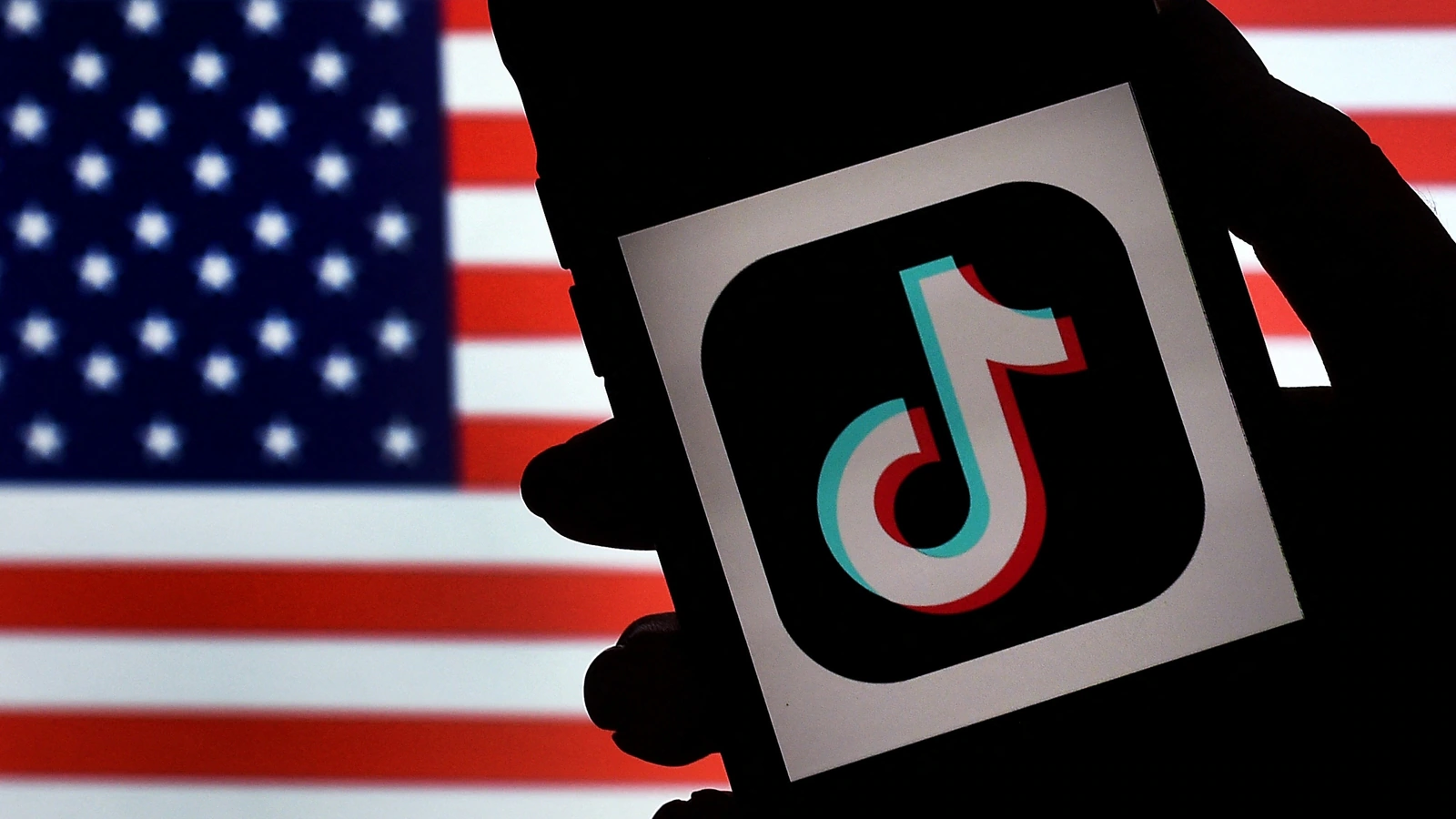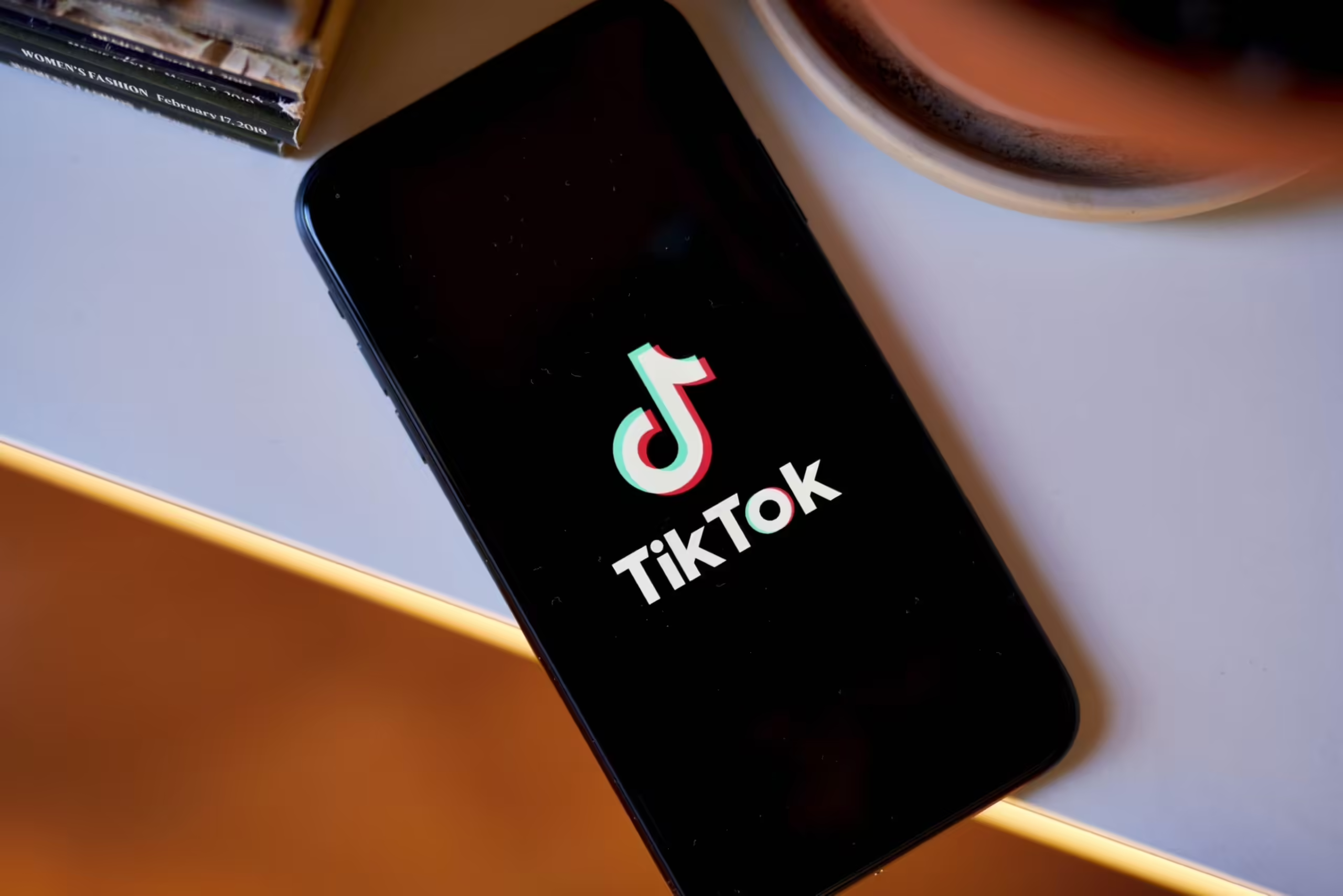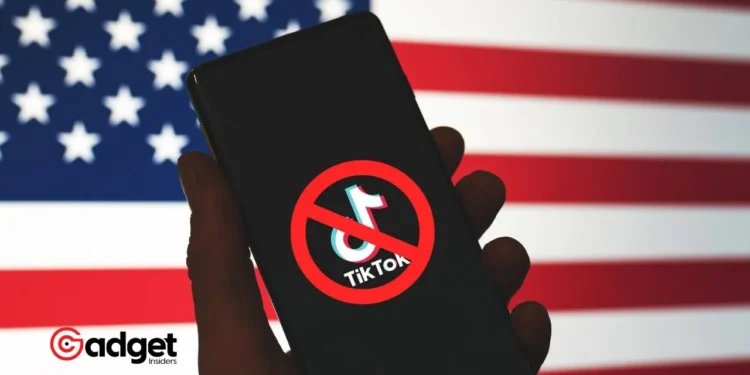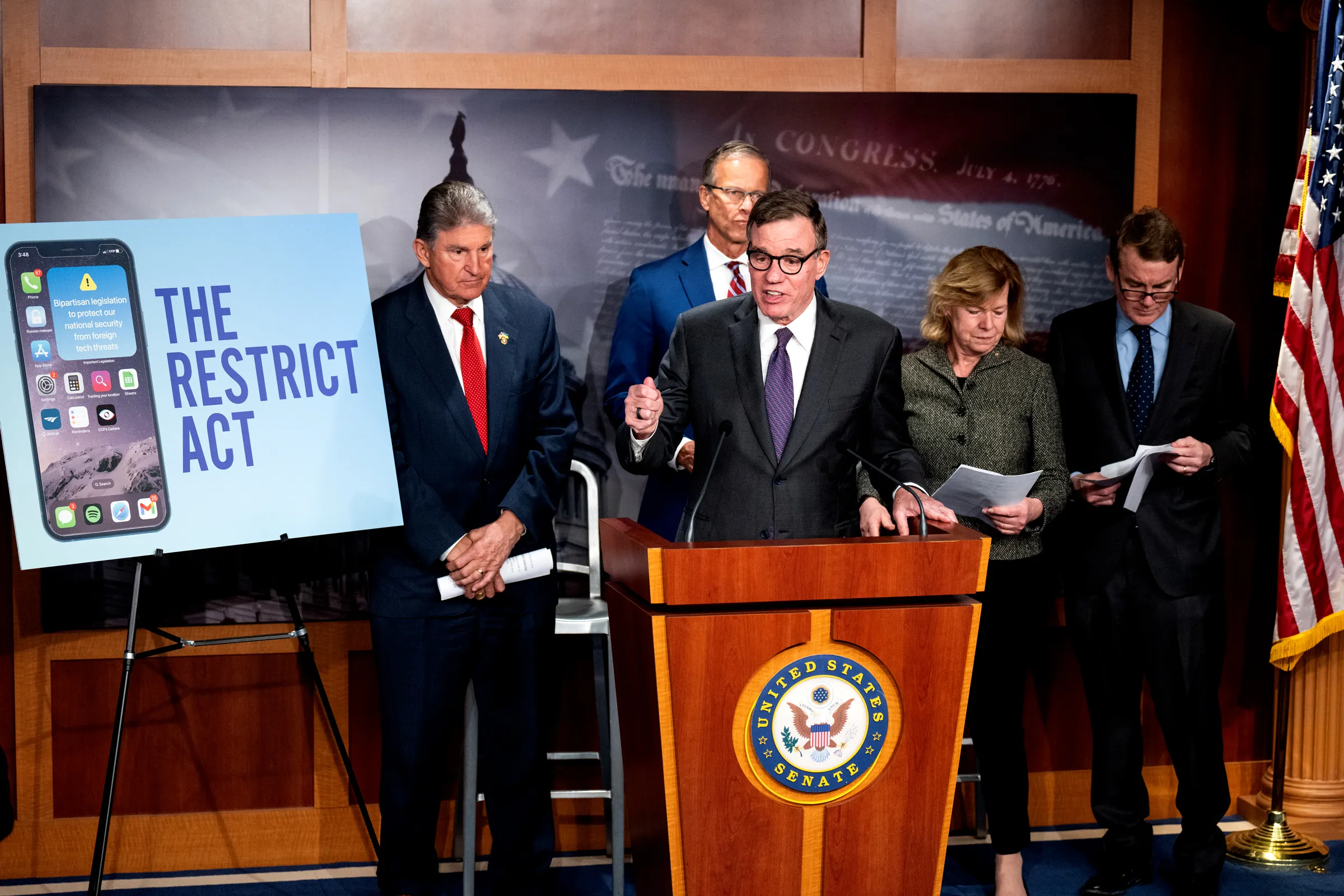The possibility of a TikTok ban in the United States has gained significant traction after the House of Representatives recently fast-tracked a revised bill, now also garnering key support from the Senate. This legislative push marks a critical escalation in the ongoing debate over the app’s operation within the U.S., highlighting major privacy and national security concerns that have long plagued the popular social media platform.

Privacy Concerns at the Heart of the Legislation
The bill in question seeks to address various privacy issues associated with TikTok and similar platforms. When users access websites like TikTok, they encounter cookies and other data collection methods that store information regarding their preferences and online behaviors.
Although these practices are standard across the internet, with users’ consent typically managed through cookie preference settings, the potential for misuse of such data, when linked to platforms owned by foreign entities, has spurred legislative action.
FCC Chair Backs Bill Forcing TikTok Parent To Divest App Or Face U.S. Ban – If Legislation "Makes It To The President's Desk, He Should Absolutely Sign It" https://t.co/as85L0Aj7m
— Deadline Hollywood (@DEADLINE) April 16, 2024
Understanding Cookies and User Privacy
To understand the depth of privacy concerns, it’s essential to consider the types of cookies and their purposes:
- Performance Cookies: These cookies collect data about site visits and traffic sources to measure and improve website performance. The aggregated data, while anonymous, helps identify popular and less trafficked pages.
- Targeting Cookies: Set by advertising partners, these cookies track users across websites to create profiles of interest, thereby tailoring more relevant ads to the individual. While they do not store personal information directly, they uniquely identify browsers and internet devices.
-
A U.S. Congress session in progress, discussing the future of TikTok in the nation - Strictly Necessary Cookies: These are essential for website operations and are activated by user-initiated actions such as setting privacy preferences or logging in. Blocking these cookies can disrupt certain functionalities.
- Functional Cookies: These enhance site functionality and personalization, often set by third-party services integrated into the site. Restricting these cookies can impair full-service functionality.
Legislative and Public Reaction
As the revised bill swiftly moves through Congress with increasing bipartisan support, public and political scrutiny over TikTok intensifies.
The discussion extends beyond mere privacy concerns, touching on broader implications for free speech and international relations, particularly between the U.S. and China, where TikTok’s parent company, ByteDance, is based.
Implications for TikTok and Digital Advertising
A potential ban could dramatically alter the landscape for digital advertising, especially for brands heavily invested in TikTok to reach younger audiences.
Advertisers are closely monitoring the situation, given the significant role targeting cookies play in delivering personalized advertising experiences, a key benefit of digital marketing strategies.

Looking Ahead: The Future of Online Privacy and International Relations
The outcome of this legislative effort could set a precedent for how other foreign-owned digital platforms operate in the U.S., influencing not only the tech industry but also international trade and diplomatic relations.
As lawmakers push for stricter regulations to safeguard American data from foreign surveillance and influence, TikTok might find itself at a crossroads, needing to substantially alter its operations or face severe restrictions within one of its largest markets.
When it comes to technology, privacy, and geopolitics, this crucial time for TikTok highlights the greater issues and complexities that exist at the junction of these three areas.
As the bill progresses, all stakeholders, from policymakers to users and global corporations, will be keenly watching the developments, awaiting decisions that could reshape internet privacy and digital commerce norms worldwide.











